News
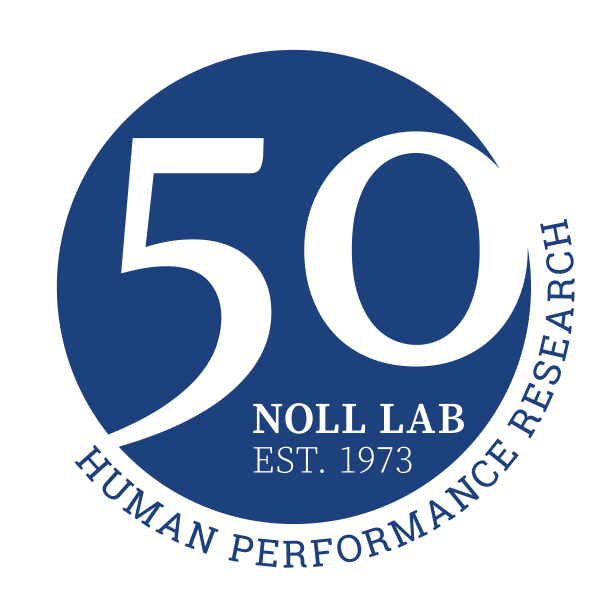
Oct 30, 2024
Physiology Conference to feature celebration marking 50 years of Noll Lab research
Penn State and the American Physiological Society will celebrate a half century of research at the groundbreaking Noll Laboratory, welcoming attendees of the Integrative Physiology of Exercise (IPE) conference with commemorative “Noll@50” events centered around the landmark facility.
Full Article
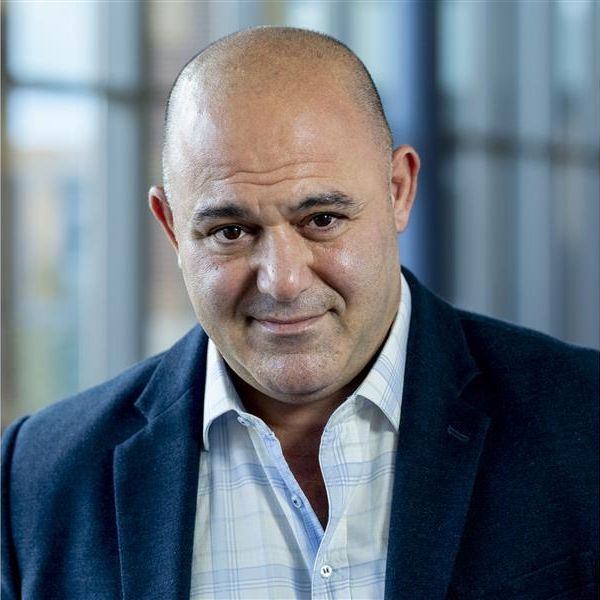
Oct 18, 2024
Gustavo Nader named Huck Chair in Molecular, Cellular and Integrative Physiology
Gustavo Nader, professor of kinesiology and physiology in the Penn State College of Health and Human Development, has been named the Dorothy Foehr Huck and J. Loyd Huck Chair in Molecular, Cellular and Integrative Physiology by the Huck Institutes of the Life Sciences.
Full Article
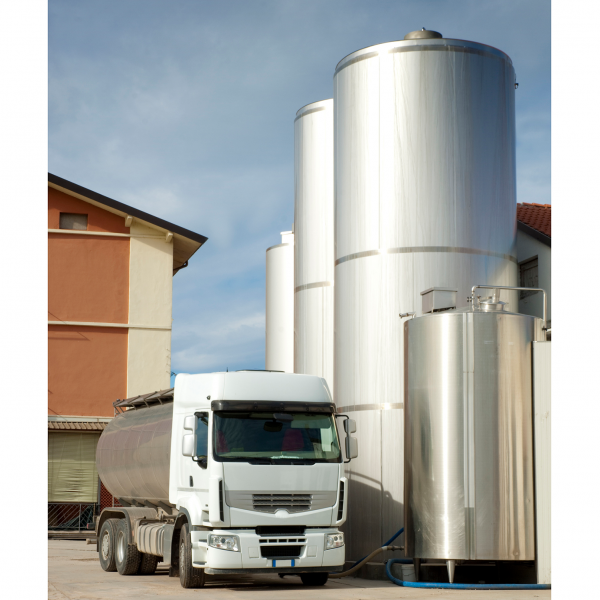
Oct 11, 2024
AI decodes microbes’ message in milk safety testing approach
By combining the genetic sequencing and analysis of the microbes in a milk sample with artificial intelligence (AI), researchers were able to detect anomalies in milk production, such as contamination or unauthorized additives.
Full Article
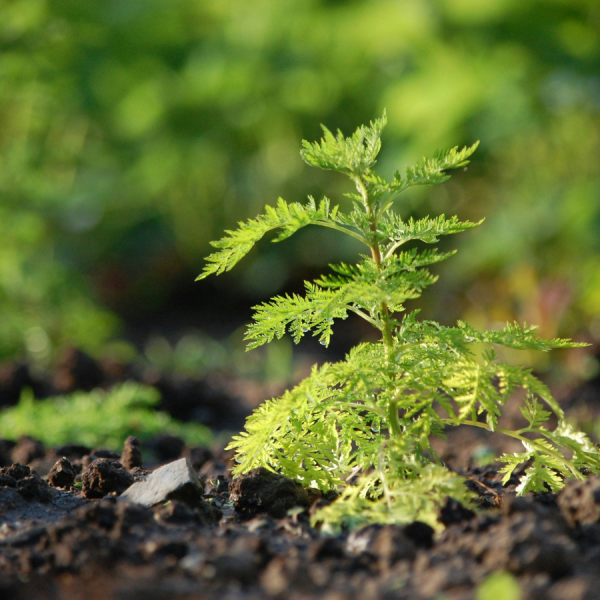
Oct 02, 2024
Plant compound used in traditional medicine may help fight tuberculosis
A compound found in African wormwood — a plant used medicinally for thousands of years to treat many types of illness — could be effective against tuberculosis.
Full Article

Sep 17, 2024
Sport-related stress may affect whether college athletes eat enough calories
High stress resulting from participating in high-level collegiate sports is related to unhealthy attitudes about eating and under consumption of nutrients, but only during the most stressful portions of the athletes’ seasons, according to a new study led by researchers in the Penn State Department of Kinesiology.
Full Article
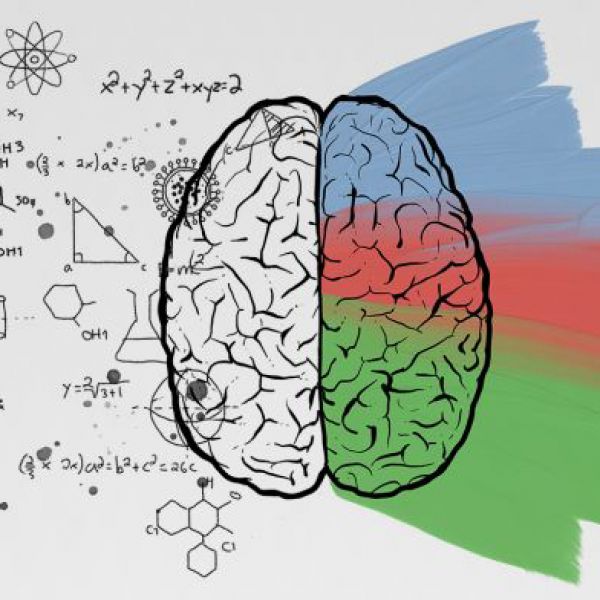
Sep 11, 2024
Three projects receive Huck Innovative and Transformational Seed Fund grants
Three potentially high-impact, high-risk research projects have been selected to receive seed funding for the latest round of the Huck Innovative and Transformational Seed (HITS) Fund initiative.
Full Article
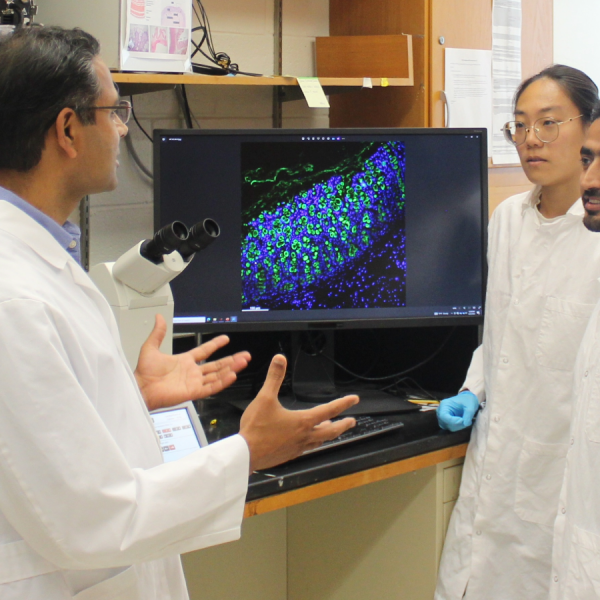
Sep 13, 2024
Refined dietary fiber may increase risk for inflammatory bowel disease
New research in mice suggests that guar gum powder — a common dietary fiber additive used in processed foods — may negatively change gut microbiome and increase risk of developing inflammatory bowel disease.
Full Article
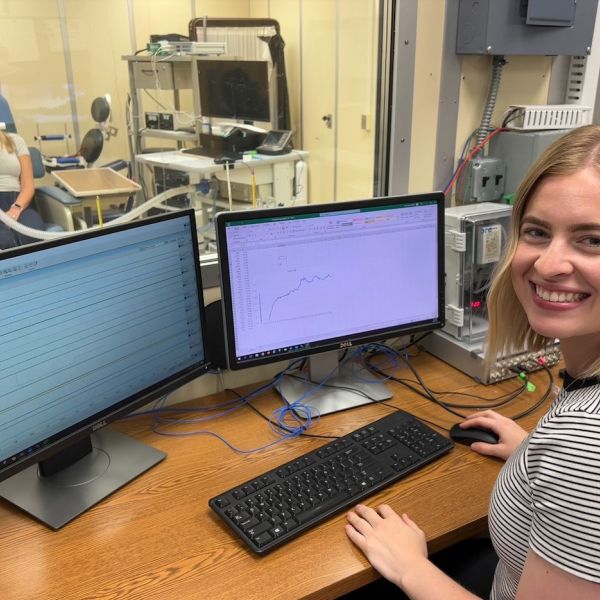
Sep 10, 2024
Older women more vulnerable to heat than their male peers, researchers find
A new study by researchers at Penn State has found that older women are physiologically more vulnerable to high heat and humidity than older men, and that women between the ages of 40 and 64 are as vulnerable as men 65 years of age or older.
Full Article
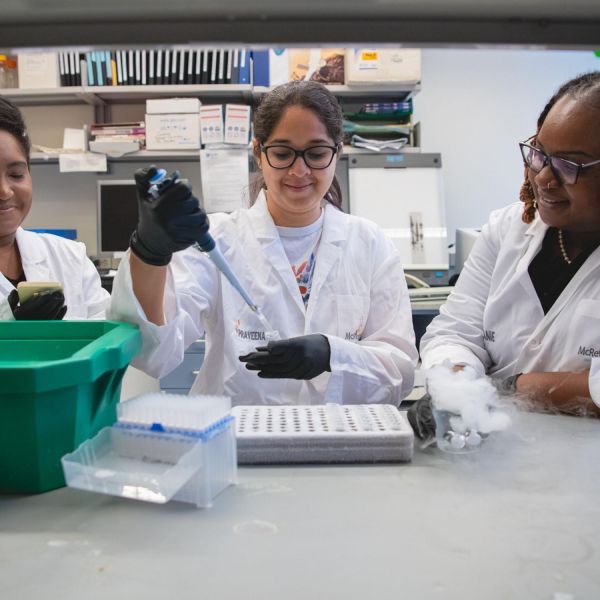
Aug 22, 2024
Cancer drug could treat early-stage Alzheimer’s disease, study shows
A type of drug developed for treating cancer holds promise as a new treatment for neurodegenerative diseases such as Alzheimer’s, according to a recent study by researchers at Penn State, Stanford University and an international team of collaborators.
Full Article

Aug 26, 2024
Less sleep and later bedtime in childhood linked to future substance use
A good night’s sleep is essential for children’s health and development, but childhood sleep patterns may also be linked to future substance use. A new study led by a team of Penn State researchers found that adolescents were more likely to have consumed alcohol or tried marijuana by age 15 if they went to bed later and slept fewer hours during childhood and adolescence.
Full Article